 NEW YORK (AP) – A federal appeals court blocked a judge’s ruling that found the New York Police Department’s stop-and-frisk policy discriminated against minorities. The court took the unusual step of removing the judge from the case, saying interviews she gave during the trial called her impartiality into question.
NEW YORK (AP) – A federal appeals court blocked a judge’s ruling that found the New York Police Department’s stop-and-frisk policy discriminated against minorities. The court took the unusual step of removing the judge from the case, saying interviews she gave during the trial called her impartiality into question.
Scheindlin ruled in August the city violated the civil rights of tens of thousands of blacks and Hispanics by disproportionally stopping, questioning and sometimes frisking them. She assigned a monitor to help the police department change its policy and training programs on the tactic.
The three-judge appeals panel heard arguments Oct. 29 on whether to put the ruling on temporary hold while the city appeals Scheindlin’s decision. It did not change the deadline for the appeal and said it expected arguments in March, well after the new mayor takes office.
The panel removed Scheindlin from the case on grounds that she ran afoul of the code of conduct for U.S. judges by misapplying a ruling that allowed her to take the case and by giving media interviews during the trial.
Scheindlin said in a statement she consented to the interviews under the condition she wouldn’t comment on the ongoing case.
“And I did not,” she said.
She said some reporters used quotes from written opinions that gave the appearance she had commented on the case but “a careful reading of each interview will reveal that no such comments were made.”
She defended her decision to direct the plaintiffs to bring the case to her, saying she took the most recent case because it was related to a previous case she heard.
The 2nd Circuit said a new judge will be assigned randomly and will deal with any further rulings. It’s possible the new judge will order a fresh set of reforms or review the trial testimony and decide the city didn’t violate people’s civil rights but that would be highly unusual.
Stop-and-frisk has been around for decades but recorded stops increased dramatically under Mayor Michael Bloomberg’s administration to an all-time high in 2011 of 684,330, mostly of black and Hispanic men. A lawsuit was filed in 2004 by four minority men, who said they were targeted because of their races, and it became a class action case.
To make a stop, police must have reasonable suspicion that a crime is about to occur or has occurred, a standard lower than the probable cause needed to justify an arrest. Only about 10 percent of the stops result in arrests or summonses and weapons are found about two percent of the time.
The Center for Constitutional Rights, which represented the four men who sued, said it was dismayed that the appeals court delayed “the long-overdue process to remedy” the NYPD’s stop-and-frisk practices and was shocked that it “cast aspersions” on the judge’s professional conduct and reassigned the case.

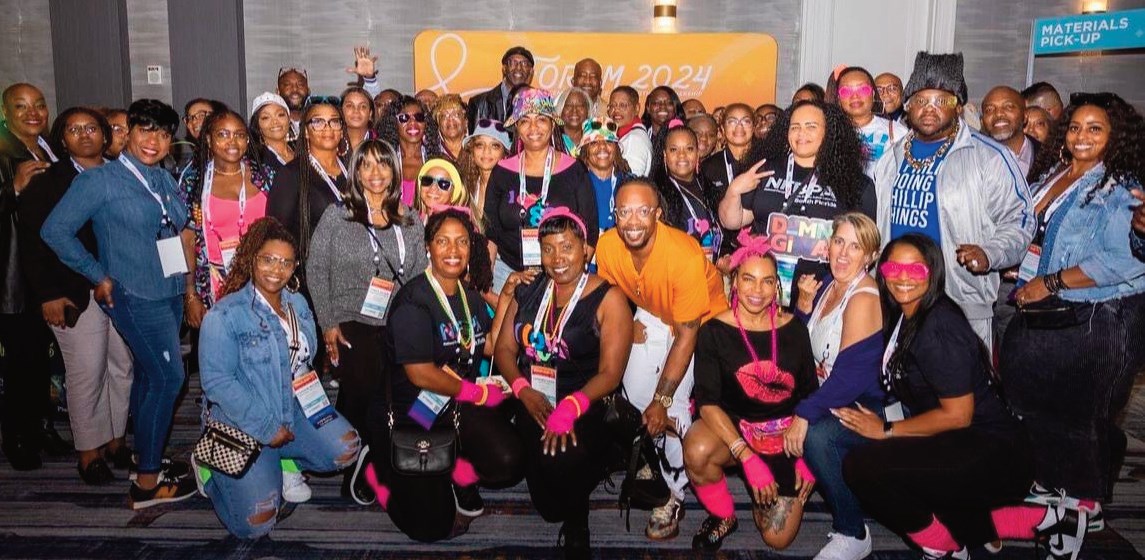
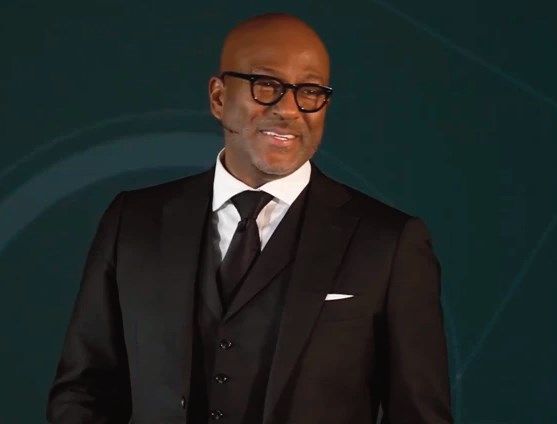
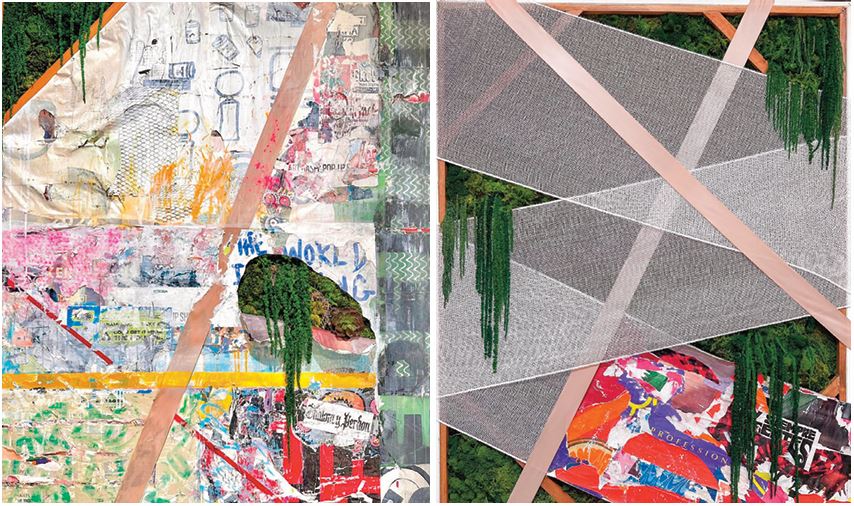

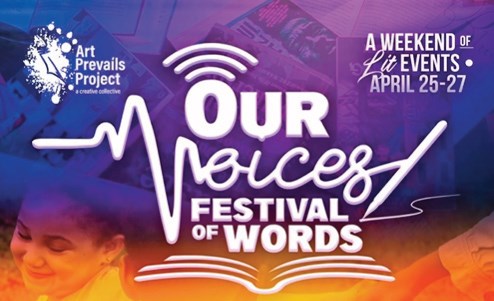
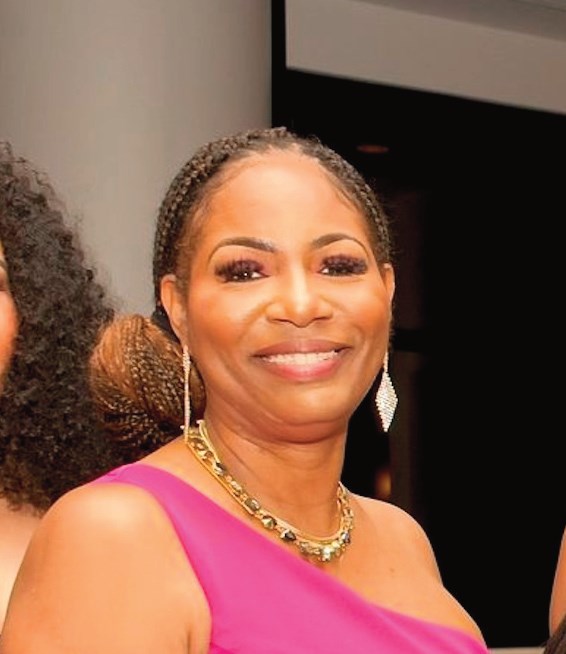
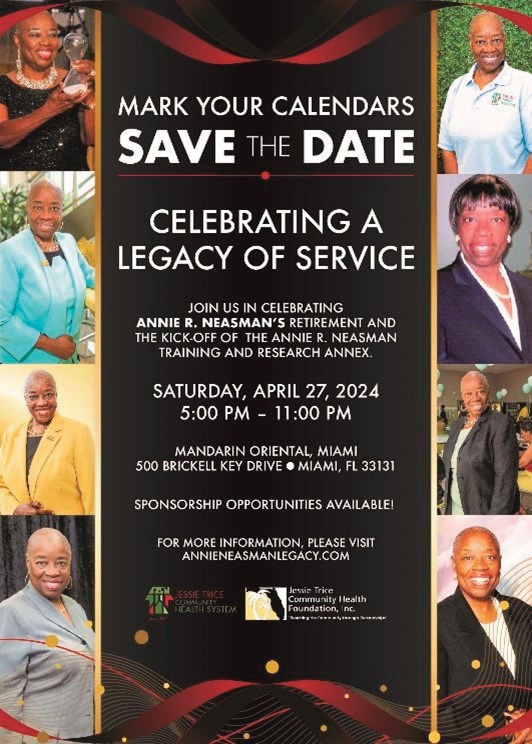
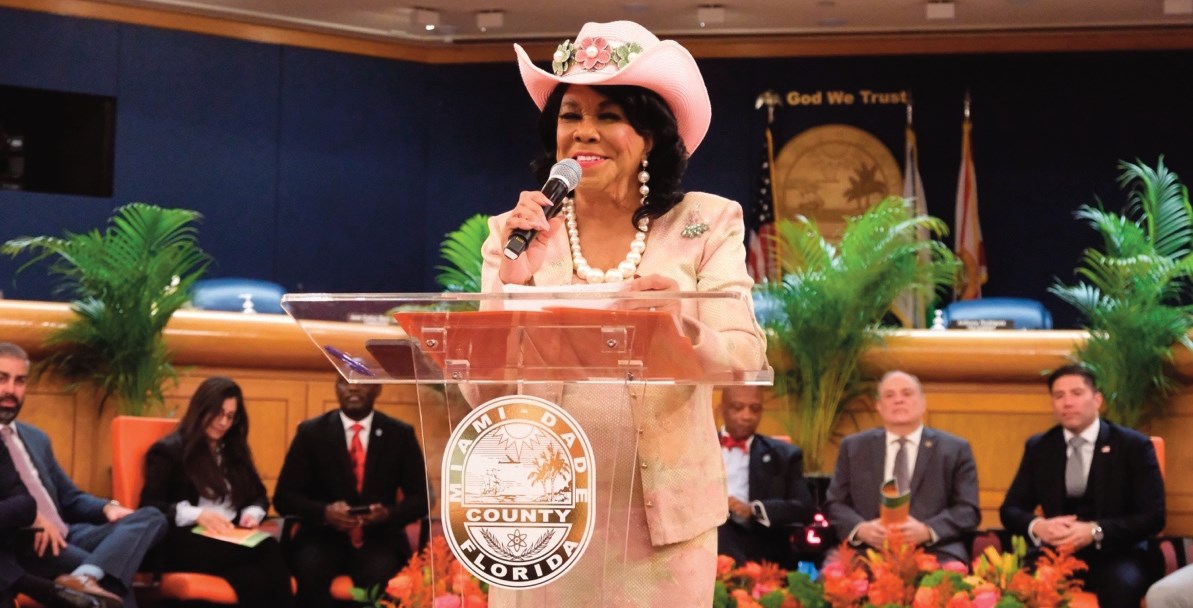



No Comment